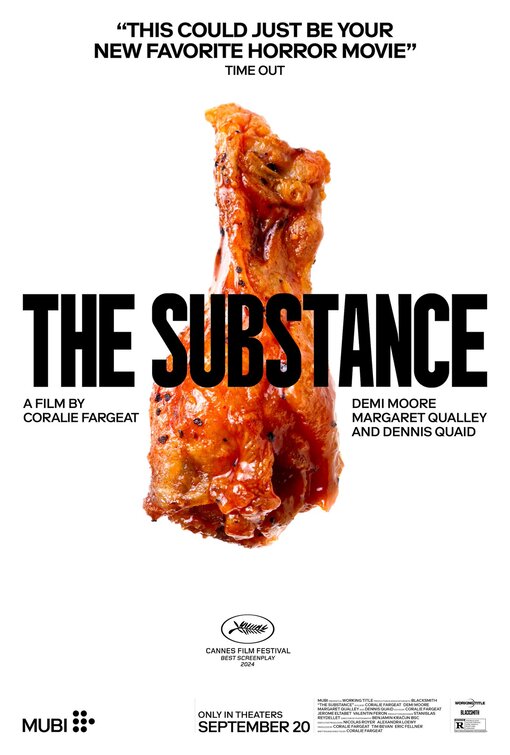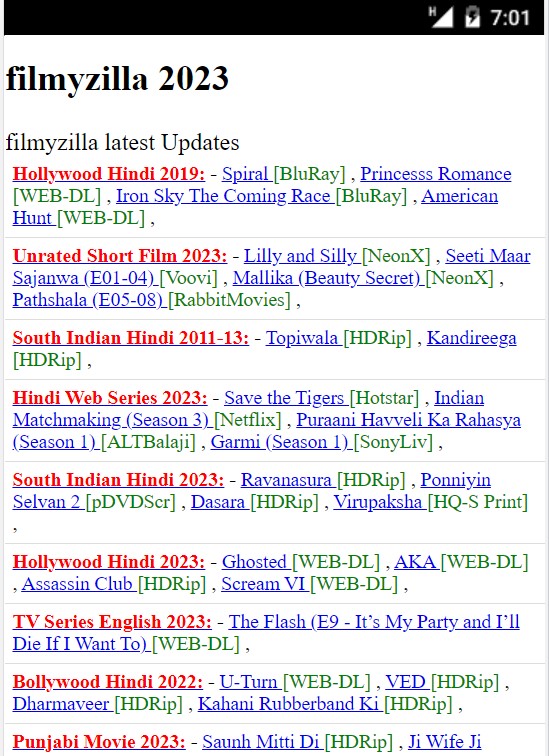Why is there such a surge in demand for unauthorized movie downloads? The illegal distribution of films has become a significant issue worldwide, with platforms like Filmyzilla playing a central role. These websites provide users access to full movies without paying the rightful distributors or creators. While it might seem convenient, this practice undermines the entertainment industry and its workers. The Surfer (2025), one of the latest films available on these illicit sites, highlights the growing problem of piracy and copyright infringement.
The Surfer (2025) offers a cinematic experience that captivates audiences with its stunning visuals and gripping storyline. However, instead of supporting the creators by purchasing tickets or streaming services, many viewers opt for free downloads from unauthorized sources. This not only affects box office revenues but also impacts those involved in every stage of filmmaking—from directors and actors to technical crew members who rely on royalties for their livelihoods. Despite being released recently, The Surfer (2025) is already circulating across various torrent sites under formats such as 1080p, 720p, and 480p, often accompanied by Hindi dubs catering specifically to Indian audiences.
In addition to The Surfer (2025), other notable releases have also fallen victim to piracy. For instance, The Bhootnii (2025) showcases narrative depth through stellar performances yet faces similar challenges due to illegal downloads facilitated by websites like Filmyzilla. Such actions harm both the creative integrity of the film and financial returns expected by producers after investing heavily in production costs. Furthermore, emotional layers captured within regretful themes may lose their impact when viewed outside intended platforms where soundtracks and visual effects align perfectly.
Another example includes The Boy Next Door (2025), which boasts impressive cinematography along with engaging storylines designed to keep viewers hooked until the very end. Unfortunately, this too suffers at the hands of pirates who distribute copies illegally online without regard for legal consequences or ethical considerations regarding intellectual property rights. As a result, legitimate businesses suffer losses while consumers miss out on premium quality experiences offered exclusively via authorized channels.
Meanwhile, YOUR FAULT Trailer (2025) featuring Nicole Wallace and Gabriel Guevara further exemplifies how even pre-release materials aren't safe from exploitation by unscrupulous individuals seeking profit from others' hard work. With trailers leaked prematurely onto social media platforms alongside promises of free downloads once officially launched, public anticipation turns sour long before actual premieres occur—potentially affecting opening weekend numbers significantly if enough people choose pirated versions over paid ones.
*Thunderbolts (2025)* starring Florence Pugh adds another dimension to discussions surrounding piracy trends today. Known for high-octane action sequences combined with compelling character development, this Marvel Studios production deserves recognition beyond mere statistics related to illegal distribution figures alone. Yet again, despite robust security measures implemented throughout post-production phases, determined hackers manage to breach firewalls and make copyrighted content accessible freely elsewhere—undermining efforts made towards safeguarding artistic expressions against exploitation.
Looking ahead, *A Minecraft Movie* (2025) presents yet another case study worth examining closely. Featuring popular names like Jason Momoa and Jack Black, this family-friendly adventure comedy aims to entertain audiences globally while promoting teamwork and creativity among younger generations. However, just days after its official release date set for April 4, 2025, multiple instances of unauthorized uploads began appearing online—raising questions about whether current anti-piracy strategies are sufficient enough moving forward given ever-evolving technological advancements utilized by cybercriminals targeting lucrative industries such as Hollywood.
Lastly, [.WATCH.] VidaaMuyarchi (2025) serves as evidence proving no genre remains untouched by modern-day piracy issues. Regardless of language barriers or regional preferences, filmmakers everywhere face mounting pressure to protect their works amidst increasing sophistication levels demonstrated by offenders operating behind anonymous proxies worldwide. Thus, addressing root causes behind widespread misuse of digital technologies becomes paramount if we wish to preserve originality within global entertainment landscapes going forward.




